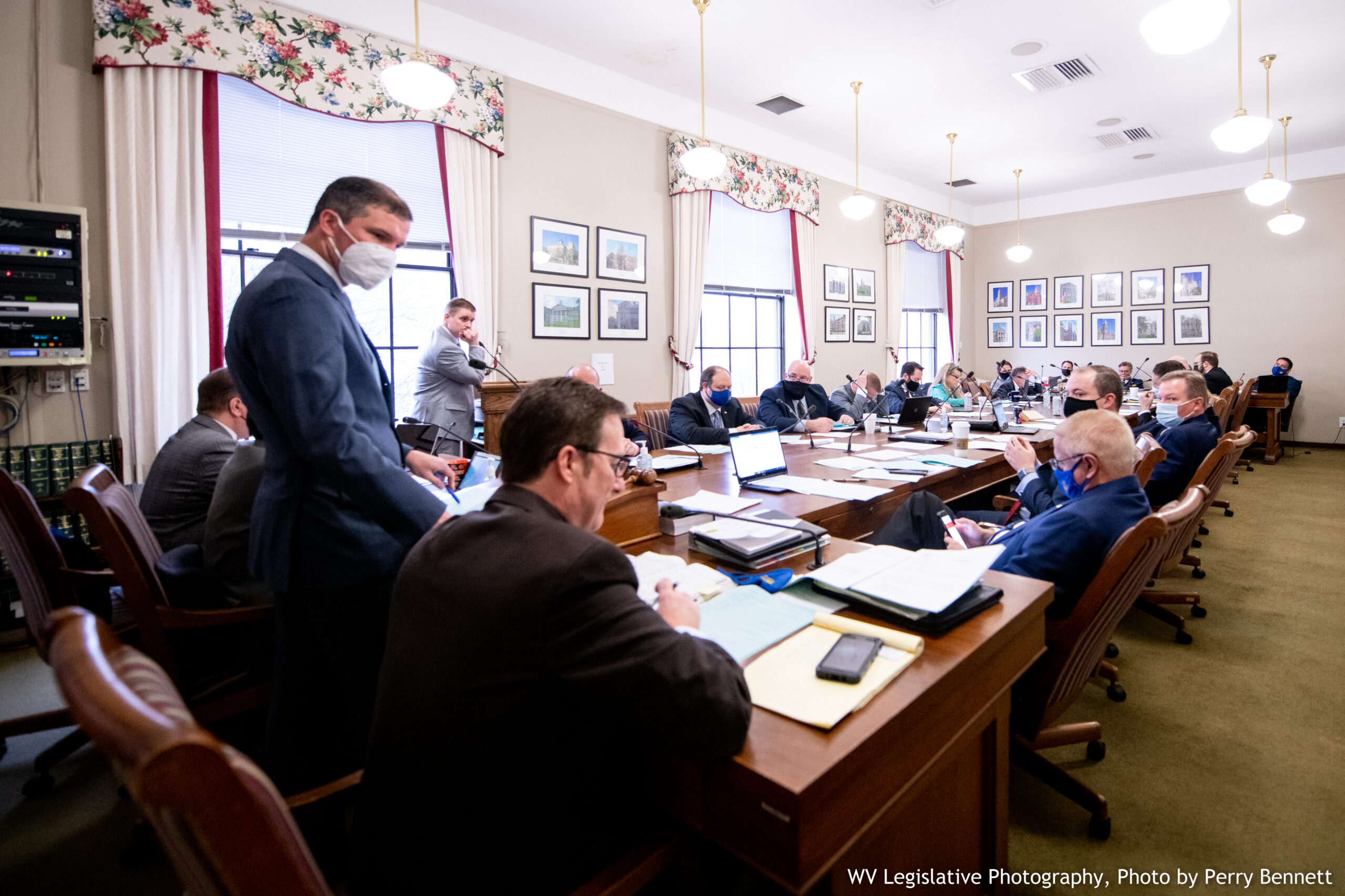MORGANTOWN – The House Judiciary Committee passed a bill Friday morning aimed at protecting the state from federal gun control overreach, but law enforcement expressed worries that the bill could hamper task force efforts to fight crime.
HB 2694 is called the Second Amendment Preservation Act. It says no state agency, political subdivision or an employee of either of those acting in an official capacity may “knowingly and willingly participate in any way in the enforcement of any federal act, law, order, rule, or regulation regarding a firearm, firearm accessory, or ammunition if the act, law, order, rule, or regulation does not exist under the laws of this state.”
It also bars use of public funds for the purposes mentioned.
A committee substitute removed criminal penalties described in the introduced version and included exceptions for multi-agency task force investigations of drug crimes and for violations of federal law detected during unrelated law enforcement activity.
The bill requires the attorney general to publish model policies for guidance.
Delegates peppered committee counsel with various hypothetical “what if” questions. They learned that if the FBI arrested someone participating in a US Capitol insurrection who carried a gun, the bill could prohibit the suspect from being housed in a state jail. It could also limit cooperation in extradition cases where the suspect flees to West Virginia.
Problems begin to arise, they learned, because state firearms laws do not mirror in every respect federal laws and most firearms cases in West Virginia involve federal law.
Adam Crawford, a Kanawha County deputy and detective, spoke for the Fraternal Order of Police about their issues,
“We understand the concerns and fears of potential federal overreach,” he said. The problem is that federal firearms law are often used to put criminals away. There’s frequent “bleedover” between drugs, guns, money and violent crimes, he said.
“It’s hard to limit and restrict how police work functions,” he said. The bill might let violent criminals walk because police can’t assist in federal firearms violations.
“It’s just unclear to us why this is getting mixed in. With all these other issues we have,” he said.
Many federal crimes carry stiffer penalties that state crimes, Crawford said, and task forces will often use them to put the criminals away longer.
West Virginia police, he said, often make use of the National Integrated Ballistics Network to investigate local shootings where there are difficulties, such as lack of witness cooperation, and submit information to NIBN and find that the gun was used in a different shooting. The bill could hamper such use of federal databases. “The biggest fear I have is it’s going to cease a lot of the cooperation we have.”
Pressed by bill supporters about whether the added exception offered reassurance on his concerns, Crawford said his questions remain.
Crawford’s doubt weren’t sufficient to sway the supporters and the bill passed in a voice vote. It heads to the House floor.
Tweet David Beard@dbeardtdp Email dbeard@dominionpost.com




